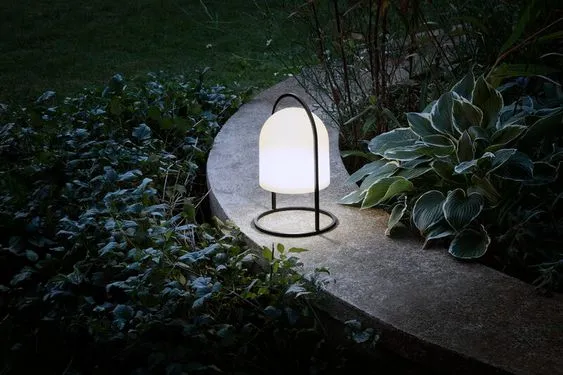Get Rid of a Problematic House
Homes are the most expensive investments we will ever make. Therefore, whether it is your first home or your fifth, it makes sense to look for various warning signs and conduct sufficient research before signing any documents. There is no need to say that regret about the purchase is the last thing you want to feel after such a big investment. Buyers who wish to avoid purchasing a 'lemon' house should take the following steps.

Always Choose an Inspection
Given how much money is at stake, you should never leave everything to chance when checking the condition of a house. For this reason, refrain from starting work on documents until the home you want to buy has been inspected by a certified inspector. An experienced inspector can identify a wide range of issues from minor to serious. For example, if there are problems with electricity, plumbing, or the home's overall structure, it is better to know about them before closing the deal.
Additionally, a home inspection can give you certain negotiating advantages. If problems that the seller was unaware of are discovered by the inspector, you can request a price reduction to cover the cost of fixing these issues.
You may encounter sellers who disagree with an inspection. Either they are trying to hide old problems or simply don't want to learn about new ones. In such cases, it's better to walk away from the deal. This is too important a purchase to take risks.
Don't Let Sellers Minimize Problems
If you or the inspector discover a previously unknown issue with the property, the seller may try to downplay it. In some cases, they outright deny its existence. No matter how much you want to buy this house, never let sellers behave in such a way.
Even if you are determined to close the deal, inform the seller how the problem might inconvenience you and why it should be factored into the price. If the seller refuses to compromise, it may be better to walk away—especially if the issue is serious. If the seller truly wants to close the deal, they will likely contact you soon, especially if they can't find a buyer willing to purchase the house as-is. The last thing you want is a home with many pre-existing problems.
Thoroughly Research the Location
Researching the location of a home is important for multiple reasons. First, analyzing property prices in the area will help you avoid overpaying for the property. Second, getting familiar with the neighborhood gives you a good idea of what it offers. For example, what is the local economy like? Are there many businesses here? What schools are available? Most people don't want a house that is far from grocery stores, shopping centers, and other essential commercial locations. It also makes sense to avoid a house that is inconveniently far from your workplace. People in Florida looking for homes in Tampa, Florida should consider this.
It is also important to research crime levels in the area. Even if you find your dream home, living in a neighborhood where the safety of your home and family is constantly under threat should not be on your list.
The higher the purchase price, the stronger the potential regret. And since real estate deals don't get any bigger than a house purchase, it's important to make informed and conscious decisions. If this is your first home purchase, it can seem like a difficult task. While you cannot deny that you'll have to put in some effort, avoiding the purchase of a 'lemon' house is entirely possible. Therefore, to ensure your first home is a purchase you're completely satisfied with, apply the above measures.
Need a renovation specialist?
Find verified professionals for any repair or construction job. Post your request and get offers from local experts.
You may also like
More articles:
 200+ Beautiful Easter Door Decor Ideas for 2025
200+ Beautiful Easter Door Decor Ideas for 2025 Easy Cardboard Craft for Spring Theme - Stylish Rabbit Napkin Rings
Easy Cardboard Craft for Spring Theme - Stylish Rabbit Napkin Rings Simple Ideas for Lighting Dark Hallways
Simple Ideas for Lighting Dark Hallways Simple Ways to Decorate Your Bedroom
Simple Ways to Decorate Your Bedroom Ebrah Pavilion, Project by Koffi & Diabaté Architects in Côte d'Ivoire
Ebrah Pavilion, Project by Koffi & Diabaté Architects in Côte d'Ivoire Eco-friendly Tips for Maintaining Household Appliances
Eco-friendly Tips for Maintaining Household Appliances Eco Mod Solar Garden Lights for Garden Decoration and Patio
Eco Mod Solar Garden Lights for Garden Decoration and Patio Ecological Ideas for Floor Coverings
Ecological Ideas for Floor Coverings